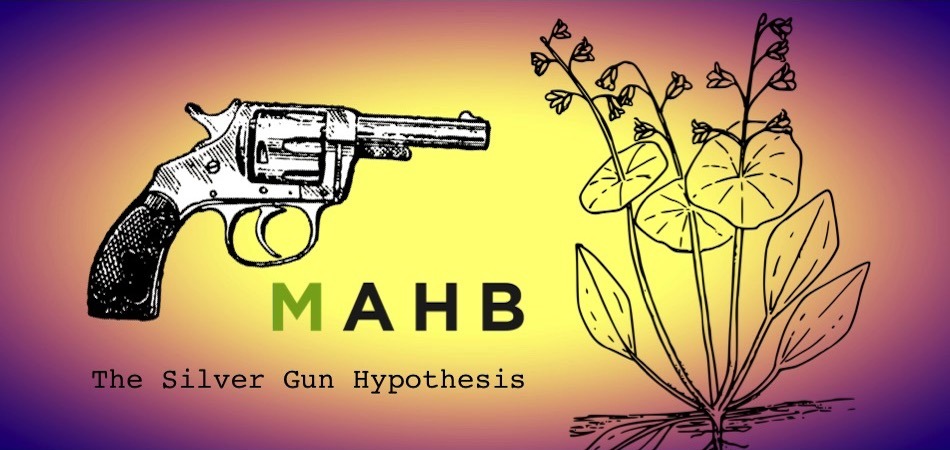The Silver Gun Hypothesis is an untested theory that multicellular organisms, human beings, and economies all have characteristic thermodynamic properties that emerge probabilistically and may be termed ‘skills’. According to the hypothesis, these skills are inherent to natural multi-agent systems, and certain of these skills create ‘agency’ to influence the Earth’s carbon balance. The hypothesis presents a matrix of all possible skills that emerge from multi-agent systems, and it proposes that the existing economy does not have the agency that is needed to achieve carbon neutrality within a definite timeframe.
The matrix of thermodynamic skills indicates that the agency that is required for carbon neutrality is available with the introduction of a parallel economy for abating and sequestering carbon. The hypothesis concludes that humanity has a cognitive ‘blind spot’ with regards to understanding the various kinds of thermodynamic agency that exist outside of the human body. The main implication of the hypothesis is that the agency that is needed to achieve carbon neutrality requires the establishment of a monetary institution that funds global-scale climate mitigation and coordinates markets with information networks.
You may find the complete version of The Silver Gun Hypothesis- Part II The Entropy of Carbon here.
The views and opinions expressed through the MAHB Website are those of the contributing authors and do not necessarily reflect an official position of the MAHB. The MAHB aims to share a range of perspectives and welcomes the discussions that they prompt.
